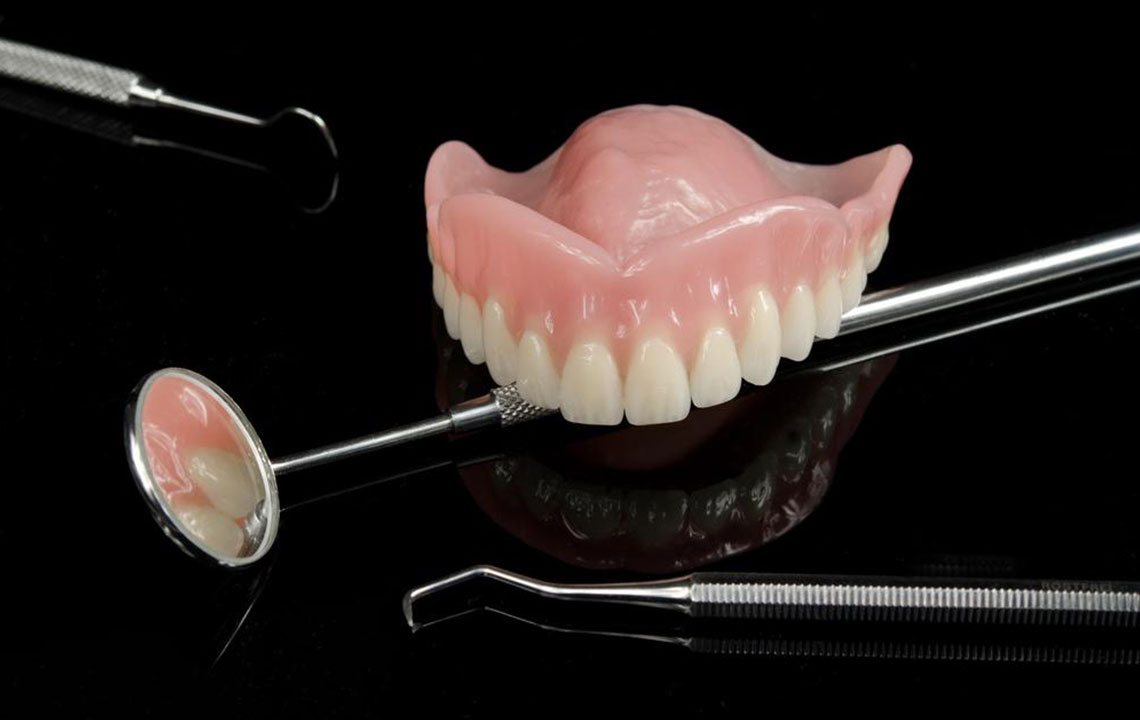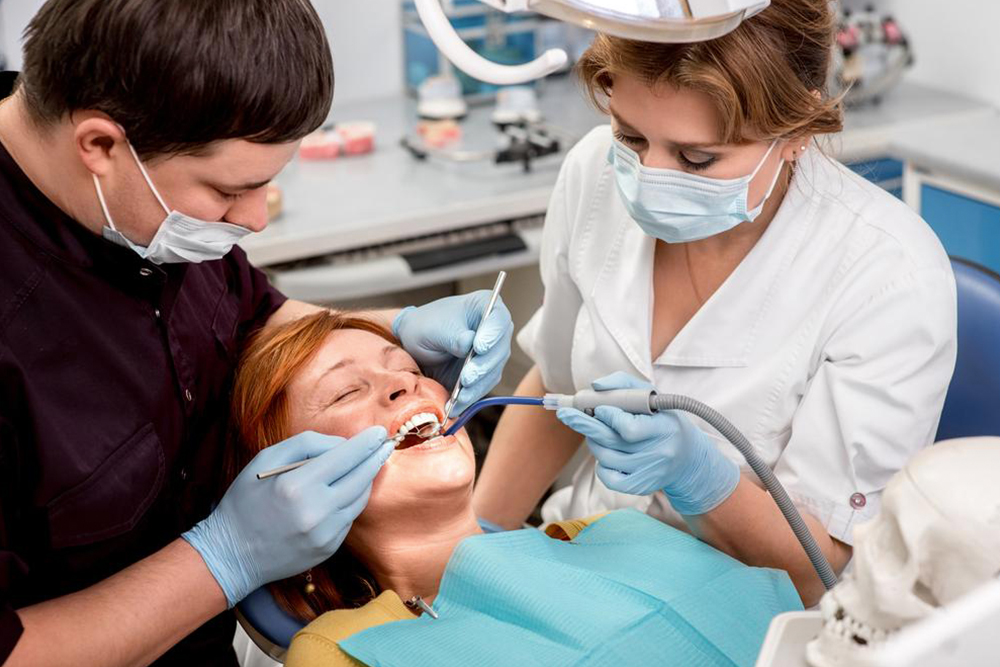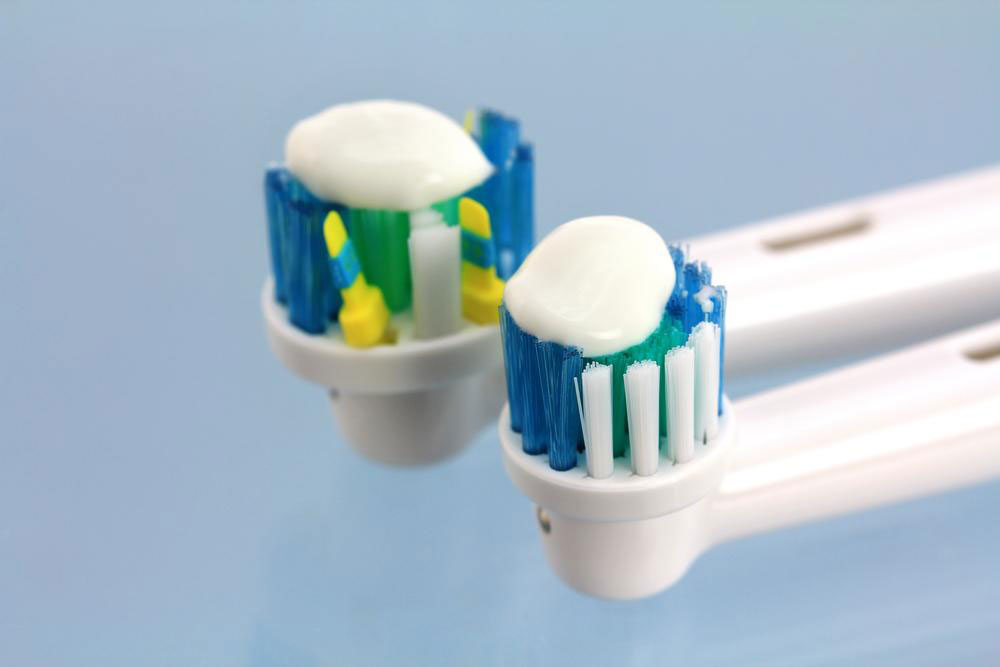Comprehensive Guide to Dentures: Benefits, Challenges, and Key Considerations
This comprehensive guide explores the benefits and challenges of wearing dentures, helping individuals make informed decisions. It covers costs, maintenance, and tips for comfort, emphasizing advancements in technology that improve appearance and functionality. Dentures can significantly restore confidence, facial support, and chewing ability, but require proper care and adjustment. Understanding both advantages and disadvantages ensures a suitable, personalized approach to dental restoration, ultimately enhancing quality of life for those with tooth loss or dental issues.

Comprehensive Guide to Dentures: Benefits, Challenges, and Key Considerations
Dental health plays a vital role in overall well-being, confidence, and quality of life. For individuals experiencing tooth loss or significant dental issues, dentures often become the go-to solution. Choosing the right type of dentures involves a thorough understanding of various factors such as types, costs, maintenance, and potential impacts on daily life. The cost of dentures can vary widely based on the materials used, brand, and additional services. Typically, full dentures can cost up to $1,300, but some options like instant dentures may incur higher expenses due to their convenience and advanced technology. Without comprehensive knowledge, you might end up with dentures that are uncomfortable, poorly fitting, or not suitable for your needs, resulting in wasted time, effort, and financial resources.
Educating yourself about the advantages and disadvantages of dentures ensures that you can make an informed decision that aligns with your personal comfort, health requirements, and budget constraints.
Understanding the Benefits of Dentures:
Enhanced Smile and Aesthetic Appeal: Dentures significantly improve facial aesthetics by restoring the natural appearance of your smile. They provide support to the lips and cheeks, preventing a sunken-in look often associated with tooth loss. This boost in facial harmony not only enhances your confidence but also allows you to present yourself more positively in social and professional settings.
Improved Chewing and Digestion: One of the primary reasons people opt for dentures is to regain the ability to chew food comfortably. Properly fitted dentures allow you to enjoy a variety of foods, from crunchy vegetables to hearty meats, without discomfort or fear of slipping. This improvement in chewing efficiency also plays a critical role in digestion and overall nutritional health.
Better Speech Clarity: Missing teeth can lead to speech difficulties, making it hard to pronounce certain words clearly. Dentures help fill in the gaps, enabling clearer articulation and restoring your natural voice quality. This enhancement fosters better communication and confidence when engaging in conversations.
Support for Facial Structures: Dentures provide necessary support to the facial muscles, preventing sagging and preserving facial contours. This support not only maintains your youthful appearance but also contributes to overall facial harmony, which can be negatively impacted by tooth loss.
Advancements in Technology and Affordability: Modern denture technology has made significant strides, leading to more natural-looking, comfortable, and affordable options. Materials and manufacturing processes have evolved, ensuring that dentures blend seamlessly with your natural features and are less invasive to fit.
Exploring the Drawbacks of Dentures:
Multiple Dental Visits and Adjustments: Achieving a perfect fit often requires several visits to the dentist. Adjustments and relines may be necessary over time to maintain comfort and functionality, which can be time-consuming and sometimes costly.
Adjustment Period and Initial Discomfort: The transition to wearing dentures might be challenging initially. Many patients experience difficulty in eating, speaking, and managing saliva flow. Patience and practice are key to overcoming these early hurdles.
Potential for Slipping and Discomfort: Although designed to fit securely, dentures might slip or shift during eating or speaking, sometimes necessitating adjustments or new fittings. This can cause embarrassment and may incur additional costs.
Learning Curve in Speech and Usage: It takes time to adapt to speaking with dentures. Some sounds may be initially distorted, but with practice, speech can generally be restored to normal.
Chewing Efficiency and Sensory Limitations: Dentures lack the taste buds and sensory feedback found in natural teeth, making biting and chewing less sensitive. This often requires effort and patience when eating tough or sticky foods.
Care and Maintenance Requirements: Dentures are delicate and must be handled with care to avoid damage such as cracks or warping. Daily cleaning, regular check-ups, and proper storage, especially overnight, are crucial to prevent infections like stomatitis or other oral health issues.
Potential for Additional Expenses Over Time: Age-related muscle changes and general wear may necessitate replacements or adjustments, increasing the overall cost of denture maintenance over your lifetime.
Making the decision to use dentures is a significant step that depends on your individual health status, comfort preferences, lifestyle, and financial situation. Consulting with a qualified dental professional allows you to explore all options thoroughly and select a solution that provides optimal function, aesthetic appeal, and long-term health benefits.





